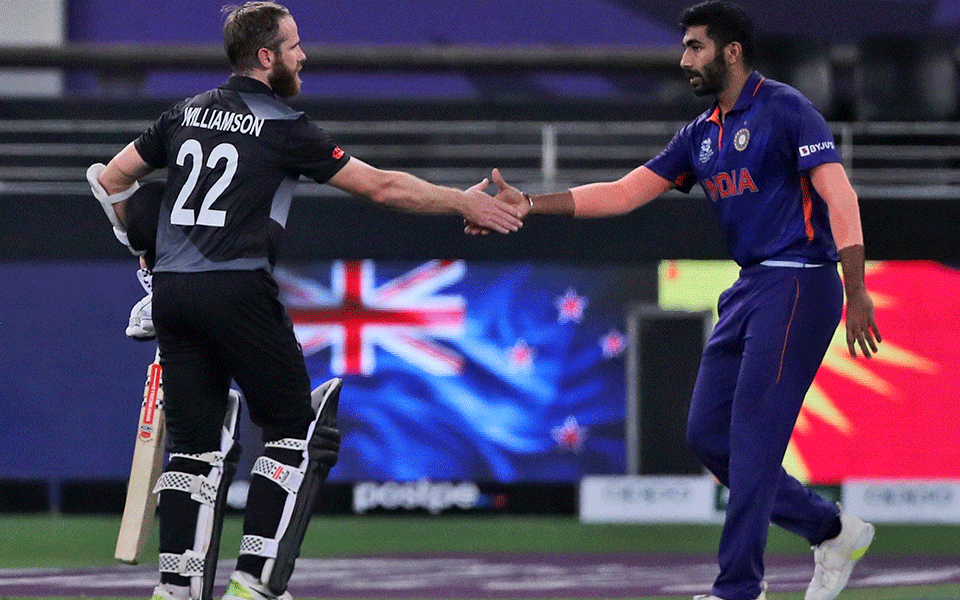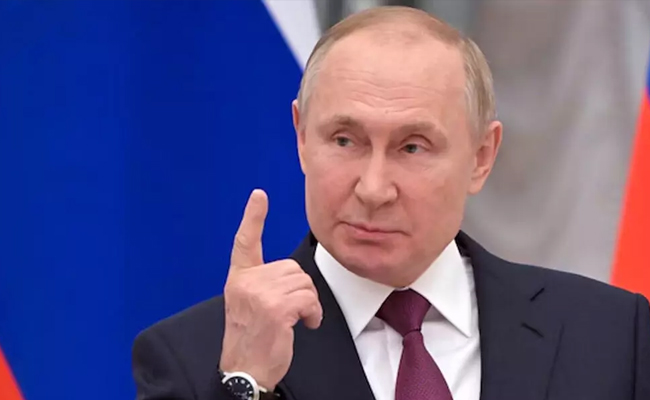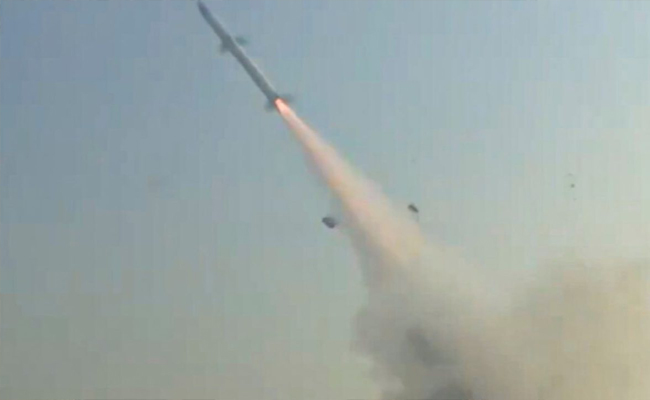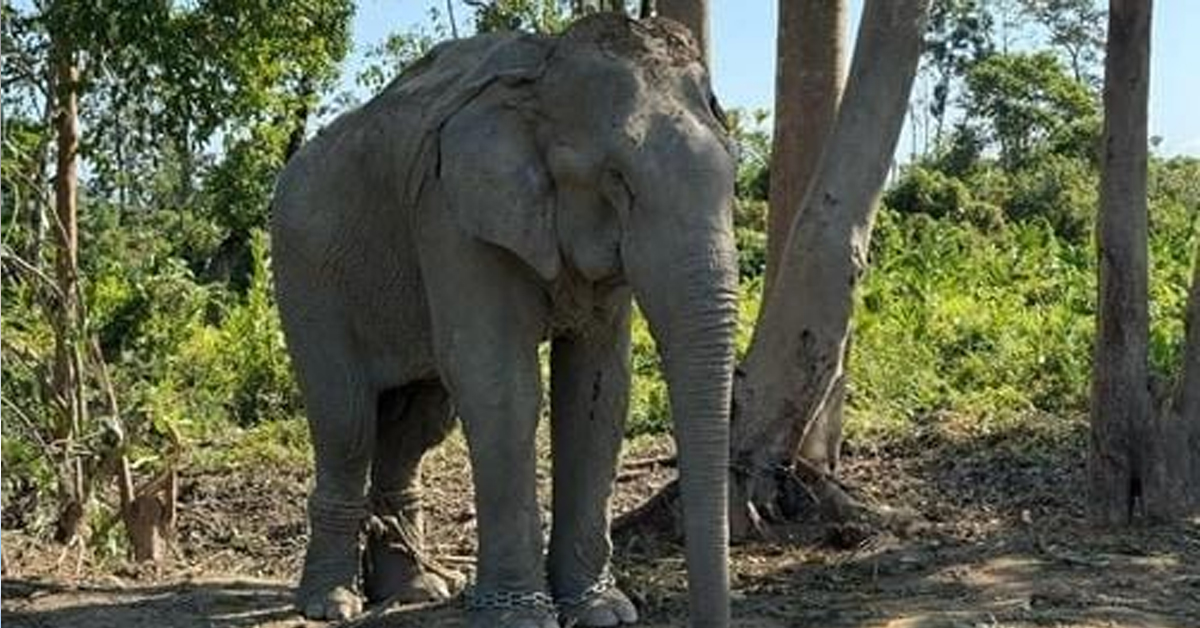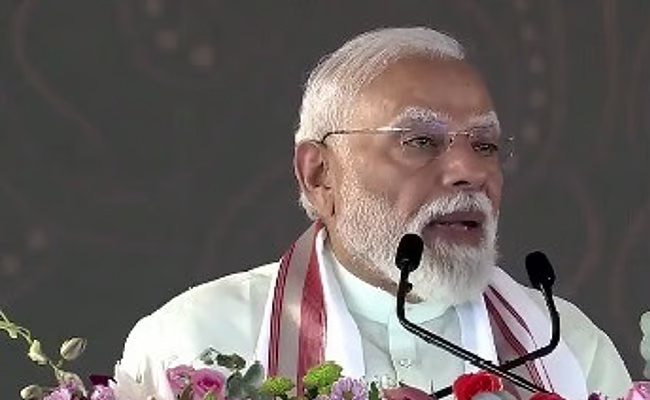Dubai(PTI): India's pace bowling spearhead Jasprit Bumrah said bubble fatigue is a tough reality of the current times as he tried to explain the team's shambolic campaign in the ongoing T20 World Cup here.
India lost to New Zealand by eight wickets on Sunday and are in danger of crashing out of the T20 World Cup with three more group games left. The team is yet to win a match, having lost the lung-opener to Pakistan by 10 wickets.
"Absolutely, you need a break," Bumrah said in the post-match press conference when asked about the short gap between the second leg of the IPL and the T20 World Cup.
"But this is the reality of the times we are living in, it's difficult, it's a pandemic and we are staying in bubbles. We try to adapt but bubble fatigue and mental fatigue also creeps in.
"You are doing the same thing again and again. It is the way it is, and you can't control a lot of things over here," he added.
The Indian team had a six-day break between its first match against Pakistan and Sunday's engagement against New Zealand. Skipper Virat Kohli, after calling it helpful to cope with fatigue and niggles, described it as "ridiculous" at the toss last night.
"Sometimes you miss your family after being on the road for 6 months. All of that sometimes plays on the back of your mind. But when you are on the field, you don't think about all of those things," Bumrah said.
"You don't control all of those things the scheduling and all and what tournament is played when.
"Obviously, staying in a bubble and staying away from your family for such a long time does play a role on the players' minds. But the BCCI has also tried their best to make us feel comfortable."
India have been in bio-bubbles since June when they landed in England to play the World Test Championship final. The team got a three-week break after that game against the Black Caps which was followed by a gruelling five-Test series against England.
Reflecting on Sunday's match, Bumrah said the batters tried to play "an attacking game" in a bid to give extra 30 runs to the bowlers on a dew-laden surface as that was the communication from the team management.
Interestingly, Bumrah's take on playing an "attacking game" came minutes after skipper Virat Kohli's bold admission at the post-match presentation that neither his men had shown proper "body language" nor were they "brave" in their approach.
The difference in statements between the skipper and his premier pacer showed that "communication" indeed has been a problem.
"Batters wanted to give a cushion of 20 to 30 extra runs and in that process they played a lot of attacking shots, which didn't come off today. In the second innings, batting does get easier so they wanted to give that cushion to the bowlers and, in that thought process, played lot of attacking shots," Bumrah tried his best to defend the poor show.
The pacer said that communication was clear as to what the situation of the game was.
"Scoring 25 to 30 runs (on two-paced wicket) was not very easy but that was the extra responsibility that you had to take. It's difficult and that's why everyone playing the evening game is choosing to bowl first.
"There's massive difference and our batters knew they had to give us cushion. They tried their best and it didn't come off today," Bumrah said.
One of the primary reasons for India's failure, according to Bumrah, is that the team batting first found that the ball was holding up and three batters -- KL Rahul, Rohit Sharma and Ishan Kishan -- who tried the 'pick-up pull shot' couldn't execute it. That wasn't the problem in the second innings.
"In the second innings, the length ball was not holding up. In the first innings, the ball was holding and so pick-up pulls weren't coming off. So shot making was difficult. Those options changed in the second innings," he said.
But Bumrah does not want to get too bogged down by defeats.
"Some days would be good and some days bad. Don't get too high on good days and neither too low on bad days. All of these things are part and parcel, stay in moment and analyse what went well and move forward," he said.
Let the Truth be known. If you read VB and like VB, please be a VB Supporter and Help us deliver the Truth to one and all.
Moscow (PTI): The killing of Iran's Supreme Leader Ayatollah Ali Khamenei was a cynical violation of all norms of human morality and international law, Russian President Vladimir Putin declared in his message to his Tehranian counterpart, the Kremlin said Sunday.
Khamenei was killed in an airstrike in Tehran on Saturday during a joint Israel-US attack on Iran.
“Please accept my deepest condolences in connection with the assassination of the Supreme Leader of the Islamic Republic of Iran, Seyyed Ali Khamenei, and members of his family, committed in a cynical violation of all norms of human morality and international law,” Putin said in his condolence message.
Putin's condolence message to Iranian President Masoud Pezeshkian was published on the Kremlin portal.
Earlier on Saturday, Russia condemned the US-Israeli joint strikes on Iran qualifying it as an “unprovoked” aggression against a sovereign state in violation of international law and called for immediate return to diplomacy.
The Russian Foreign Ministry also described the US and Israeli forces' strikes against the Iranian territory as “a pre-planned” act of aggression against an independent UN member state.
Putin also conducted an emergency meeting of the National Security Council online on Saturday to discuss the emerging situation following the US-Israeli strikes and Iran’s retaliation.
Meanwhile, according to reports more than 2,00,000 Russians are stuck in the region due to closure of their airspaces by Iran and Gulf countries.
The situation in the Middle East and the airport closures have affected not only organised tourists from Russia registered with tour operators, but also those travelling on business trips and independently, state-run TASS news agency reported.
“Approximately 2,00,000 people are unable to leave the UAE or return from vacations in the Maldives and other countries,” Alexey Volkov, president of the National Union of Hospitality Industry, told TASS.
UAE and its airports have become a main hub of access to Russia since the Ukraine conflict and closure of EU air space for civilian air traffic under sanction on Moscow.
“The situation remains complex and unpredictable: drone and missile strikes have hit key tourist locations in the UAE, including its most famous hotels.
“And then there are those who aren't counted as tourists at all, but are travelling around the world for business—the Middle East, for example, is currently a major business hub, home to a significant amount of Russian capital, investment, and business,” Volkov said.

